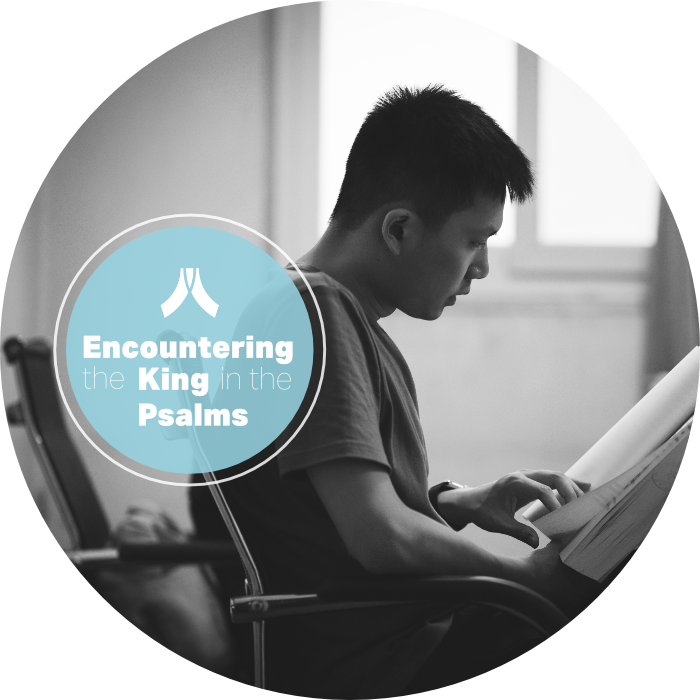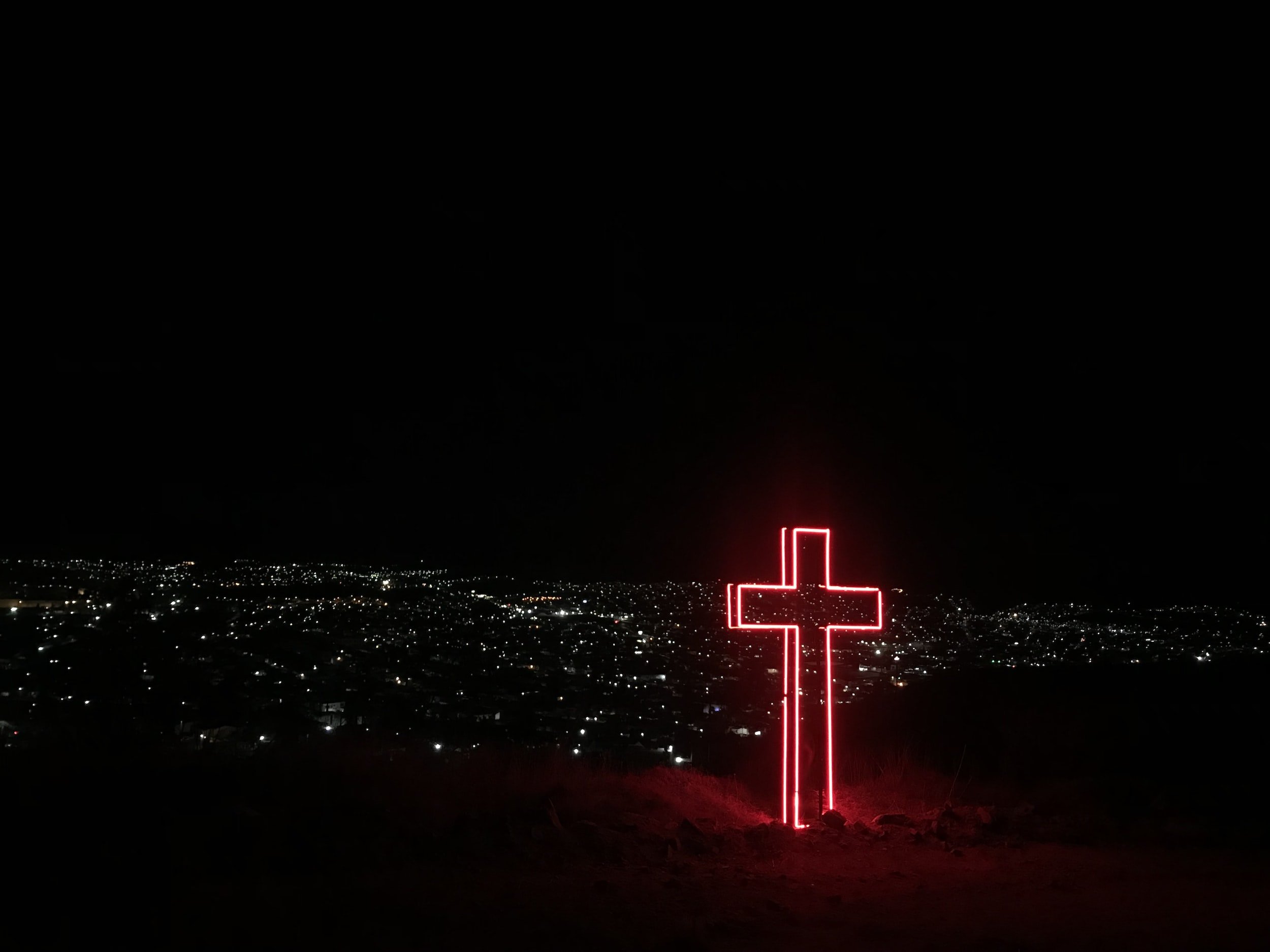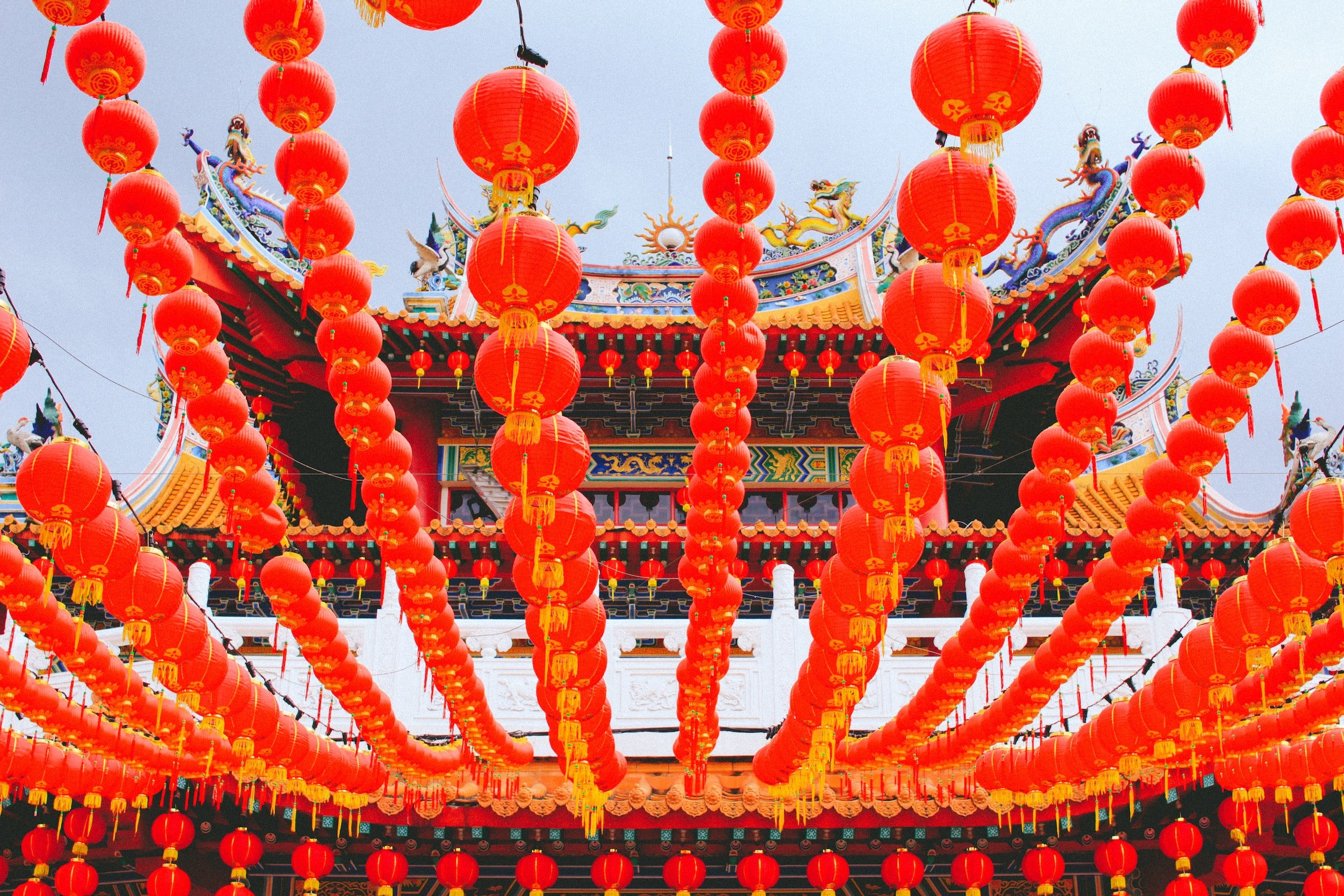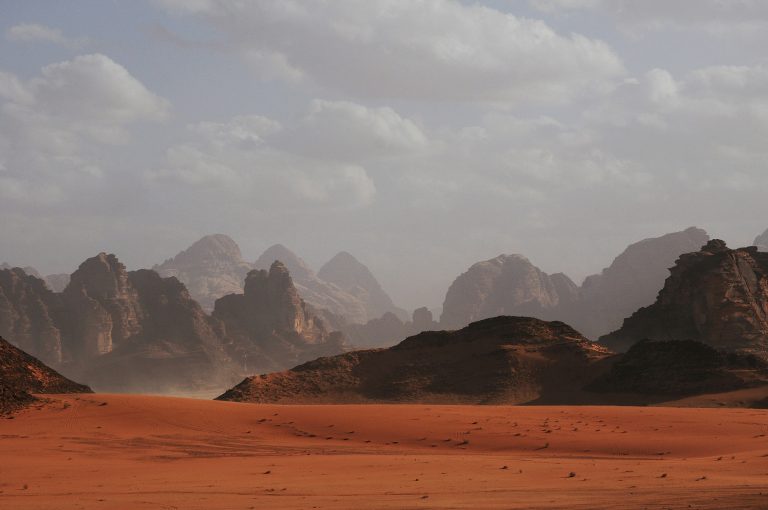
Psalm 22
To the choirmaster: according to The Doe of the Dawn. A Psalm of David.
1 My God, my God, why have you forsaken me?
Why are you so far from saving me, from the words of my groaning?
2 O my God, I cry by day, but you do not answer,
and by night, but I find no rest.
Never miss a story
3 Yet you are holy,
enthroned on the praises of Israel.
4 In you our fathers trusted;
they trusted, and you delivered them.
5 To you they cried and were rescued;
in you they trusted and were not put to shame.
6 But I am a worm and not a man,
scorned by mankind and despised by the people.
7 All who see me mock me;
they make mouths at me; they wag their heads;
8 “He trusts in the Lord; let him deliver him;
let him rescue him, for he delights in him!”
9 Yet you are he who took me from the womb;
you made me trust you at my mother’s breasts.
10 On you was I cast from my birth,
and from my mother’s womb you have been my God.
11 Be not far from me,
for trouble is near,
and there is none to help.
12 Many bulls encompass me;
strong bulls of Bashan surround me;
13 they open wide their mouths at me,
like a ravening and roaring lion.
14 I am poured out like water,
and all my bones are out of joint;
my heart is like wax;
it is melted within my breast;
15 my strength is dried up like a potsherd,
and my tongue sticks to my jaws;
you lay me in the dust of death.
16 For dogs encompass me;
a company of evildoers encircles me;
they have pierced my hands and feet—
17 I can count all my bones—
they stare and gloat over me;
18 they divide my garments among them,
and for my clothing they cast lots.
19 But you, O Lord, do not be far off!
O you my help, come quickly to my aid!
20 Deliver my soul from the sword,
my precious life from the power of the dog!
21 Save me from the mouth of the lion!
You have rescued me from the horns of the wild oxen!
22 I will tell of your name to my brothers;
in the midst of the congregation I will praise you:
23 You who fear the Lord, praise him!
All you offspring of Jacob, glorify him,
and stand in awe of him, all you offspring of Israel!
24 For he has not despised or abhorred
the affliction of the afflicted,
and he has not hidden his face from him,
but has heard, when he cried to him.
25 From you comes my praise in the great congregation;
my vows I will perform before those who fear him.
26 The afflicted shall eat and be satisfied;
those who seek him shall praise the Lord!
May your hearts live forever!
27 All the ends of the earth shall remember
and turn to the Lord,
and all the families of the nations
shall worship before you.
28 For kingship belongs to the Lord,
and he rules over the nations.
29 All the prosperous of the earth eat and worship;
before him shall bow all who go down to the dust,
even the one who could not keep himself alive.
30 Posterity shall serve him;
it shall be told of the Lord to the coming generation;
31 they shall come and proclaim his righteousness to a people yet unborn,
that he has done it.
The Despair of the Righteous
This psalm paints a suffocating picture. David writes: “I am deep in a swamp of despair. I prayed, but God did not listen, and his salvation is only something I read of in history. Although I trusted him from birth, the result of my trust is not good, but ridicule and insults. Ferocious beasts like bulls, rabid dogs, and lions attack me – and I a worm, not a human being.”
Who is this person depicted in Psalm 22? Looking at the biblical account of David’s life, even his most difficult experiences hardly match this psalm. Who, then, is “I”? There is no better explanation than what Peter says as he refers to another of David’s psalms: “For David, being a prophet…foresaw these things and spoke of Christ.”
>
”“The blows our Savior endured did not come from his enemies, but from his loving Father. It was not a few rotten nails that hung him to the tree, but his persistent love for sinners.”
The first half of this psalm is depressing, and its words are filled with sorrow and bitterness. It even contains a complaint against God: “Why have you forsaken me?” (v. 1) However, we should not overlook one detail. Although the psalmist is in deep distress and feels God has abandoned him and is not answering his calls in his days of desperate need, he still recognizes that this is his God. (vv. 1-2) The psalmist continues to acknowledge that God is holy and praiseworthy (v. 3), and even calls God – this God who refused to save him – his Savior. (v. 19) [Note that “my help” is translated as “my Savior” in Chinese.]
This faith is difficult! Who is able to make a confession like this? Who can call the God who has forsaken him “my God!” with affection? Who can address the God who refuses to save him as “my Savior”?
Christ, Foretold and Forsaken
Yet this faith exactly reflects the life of our Lord Jesus Christ. Every Christian is familiar with this cry: “My God, my God, why have you forsaken me?” Even in Jesus’s most difficult moments, he still clearly knew that Yahweh was his God. One day, Jesus, the truly innocent sufferer, would cry this same refrain to God. God left the judgment that the people of Israel deserved to their great descendant, the perfect, holy Lamb.
People humiliated Jesus at will and mocked the belief closest to his heart: “If God really loves you, why don’t you ask him to save you?” How familiar this argument is! It arose in the early days of the Savior’s ministry: “If you were the Son of God, you could tell these stones to become bread… you could throw yourself down from here…” This argument appears again at the end of the Savior’s life: “He trusted God, and if God is pleased with him, he can save him, for he said, ‘I am the Son of God.'”
Today, Satan often tempts us in the same way he tempted the Savior then. This same argument comes to us from unbelievers, from friends and relatives, and even resounds in our own hearts. The wicked joined together against the weak Lamb. Ravening dogs, bulls, lions – fierce beasts that usually attack one another – have formed an alliance, just as Herod and Pilate or the Pharisees and Sadducees formed alliances against Christ. They succeeded.
Hard iron nails pierced his palms and the soles of his feet, uniting him with the wooden frame underneath him and suspending his whole body. His bones were disjointed by the suspension, and his body was dehydrated from excessive bleeding. (vv. 14-15) His only remaining possession, the clothes used to cover his body, was also divided. This did not happen because his clothes were valuable, but in order to exhaust every mite of humiliation inflicted on him. The almighty, glorious, and eternal God ended his earthly journey in weakness, humiliation, and death.
The blows our Savior endured did not come from his enemies, but from his loving Father. It was not a few rotten nails that hung him to the tree, but his persistent love for sinners. When the hand of the Father’s wrath fell on him, he covered the crowd of sinners under him. In exchange for his humiliation, we are glorified. By his death, he won our life. May the gospel of the Lord revolutionize our definitions of peace, mercy, kindness, suffering and blessing, life and death. Whenever we speak of grace, may we be reminded of the cross of Calvary.
On that Sabbath day two thousand years ago, the Savior’s body lay in the tomb. We know very little about the details of what he actually experienced that day. Perhaps the Bible is silent about it because human language falls short. However, we do know that the Savior’s real suffering did not come from the united attack of his enemies, nor from being abandoned by his disciples, nor from the piercing of his hands and feet. The true suffering came in being separated from his Father, who had been with him from eternity.
Death Is Defeated
>
”“If the first part of this psalm depicts Good Friday, this, then, is Easter. Death has been completely defeated, and Christ’s hardships are forever a thing of the past.”
It seems that humans, after experiencing suffering, can only expect bitterness to flow from within. But in this psalm, it is not bitterness but praise that flows. This psalm ends with a scene of a vow-redeeming assembly. (v. 25) In the presence of all the people, the psalmist praises God and calls on God’s people to praise him as well. (v. 22-23) He says he praises God because the Lord never forsakes the afflicted or closes his ears to their prayers. (v. 24) This is the opposite of what he said earlier, as he was suffering.
He wishes that the humble will be filled, and that they may have a heart that lives forever. (v. 26) If the first part of this psalm depicts Good Friday, this, then, is Easter. Death has been completely defeated, and Christ’s hardships are forever a thing of the past. The serpent bruised his heel, but he trampled on the serpent’s head. “My God, my God, why have you forsaken me?” is now “It is finished.”
After Good Friday comes Easter. Good Friday is not short, but Easter is longer – through all eternity.
Many years after Psalm 22 was written, the Apostle John, standing at the apex of the last time, saw this scene:
“After this I looked, and there before me was a great multitude that no one could count, from every nation, tribe, people and language, standing before the throne and before the Lamb. They were wearing white robes and were holding palm branches in their hands. And they cried out in a loud voice, saying, ‘Salvation belongs to our God, who sits on the throne, and to the Lamb.’”
Lee Haggai is a pseudonym for a house church pastor in Beijing. He and his wife have two children.
PRAYER
Lord, you have overcome, and you will overcome again. One day, “the earth will be filled with the knowledge of the glory of the Lord as the waters cover the sea.” Even those who pierced you will look to you. Lord, may this vision inspire me to proclaim the excellencies of the One who called me out of darkness into his marvelous light to all people, at all times, on all occasions. Amen.

We are using the Psalms to guide our prayers for China
In 2022, our prayer movement is turning to the scriptural prayers found in the Psalms as we pray for the Chinese church. When you join our prayer movement, you will receive weekly prayer emails and a monthly newsletter so that you too can pray for our brothers and sisters in China.


































